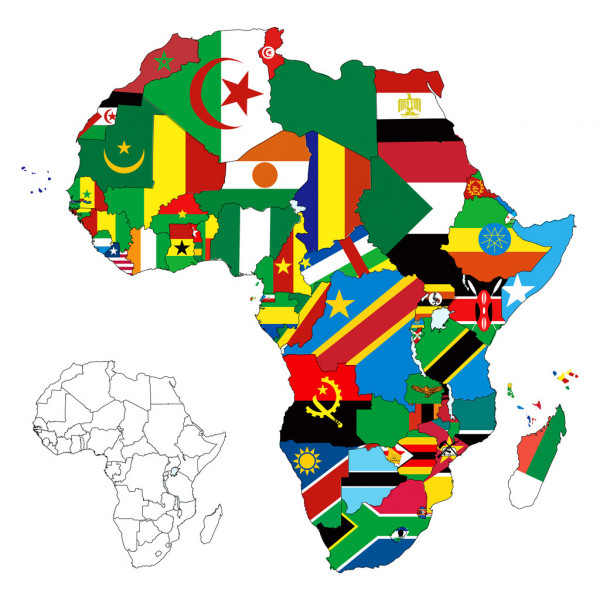

Wilful, deliberate or suspension of constitution or laid down set of rules and regulations by an individual to stay long in power outside a specific tenure of office either as president or head of state of a country is referred to as sit-tight syndrome.
The trend is illegal and unconstitutional, but ironically, it is attractive, fanciful and too tempting to ignore by some people who finds themselves in positions of authority.
It is instructive to note that some leaders nowadays tinker with constitutions that brought them to power for selfish gains
Notably, African leaders past and present who indulged in this self-serving and ungodly adventure include Robert Mugabe of Zimbabwe, Mobutu Seseseko of Zaire, Kamuzu Banda of Malawi, Samuel Doe of Liberia, Hosni Mubarak of Egypt, Ben Ali of Tunisia, Yoweri Museveni of Uganda and Joseph Kabila of Democratic Republic of Congo.
Others are Matthew Kerekou of Benin Republic Omar Bongo of Gabon, Yahyah Jahmeh of Gambia, Gadafi of Libya, Nguema of Equitorial Guinea, Paul Biya of Cameroon and Gnasingbe Eyadema of Togo among others.
And perhaps, worried by the negative impact of sit tight syndrome on governance in Africa, President Muhammadu Buhari recently warned his colleagues at an ECOWAS extra- ordinary summit in Niamey, Niger Republic against spending more than their constitutional terms in office.
Apart from this long overdue advise, African leaders must be ready and willing at all times to subject and surrender themselves to the dictates of the constitution they swore to uphold upon assumption of power and office.
A continent in a hurry to develop and carve a niche for itself among developed and civilized people can definitely not afford to continue in a perilous way.
The recent military coup and takeover of power from Ibrahim Keita of Mali is a pointer to this assertion.
Major driving force behind this subversion of the will of the people by these leaders is lust for power, greed, selfishness, ethnicity, religion and fear of the unknown after leaving power.
The obvious implication of their sit tight syndrome is instability usually brought about by civil wars, retarded socio-economic growth absence of peaceful transfer of power from one government to another, lack of democratic culture, authoritarianism, endemic corruption, isolation by world powers due to poor image, human rights abuses, restiveness, extra judicial killings and dictatorship.
The cumulative impact of this dangerous trend of sit tight syndrome is the unending underdevelopment of Africa by Africans.
Concerted efforts must be made to strengthen democratic institutions, freedom of expression, freedom of the press, promotion of civil and human rights advocacy as well as citizens and civic obligations and duties to the state.
Above all, there must be a change of orientation and attitude to leadership in Africa, bearing in mind the age long dictum that, “no condition is permanent.
Tayo Sanni